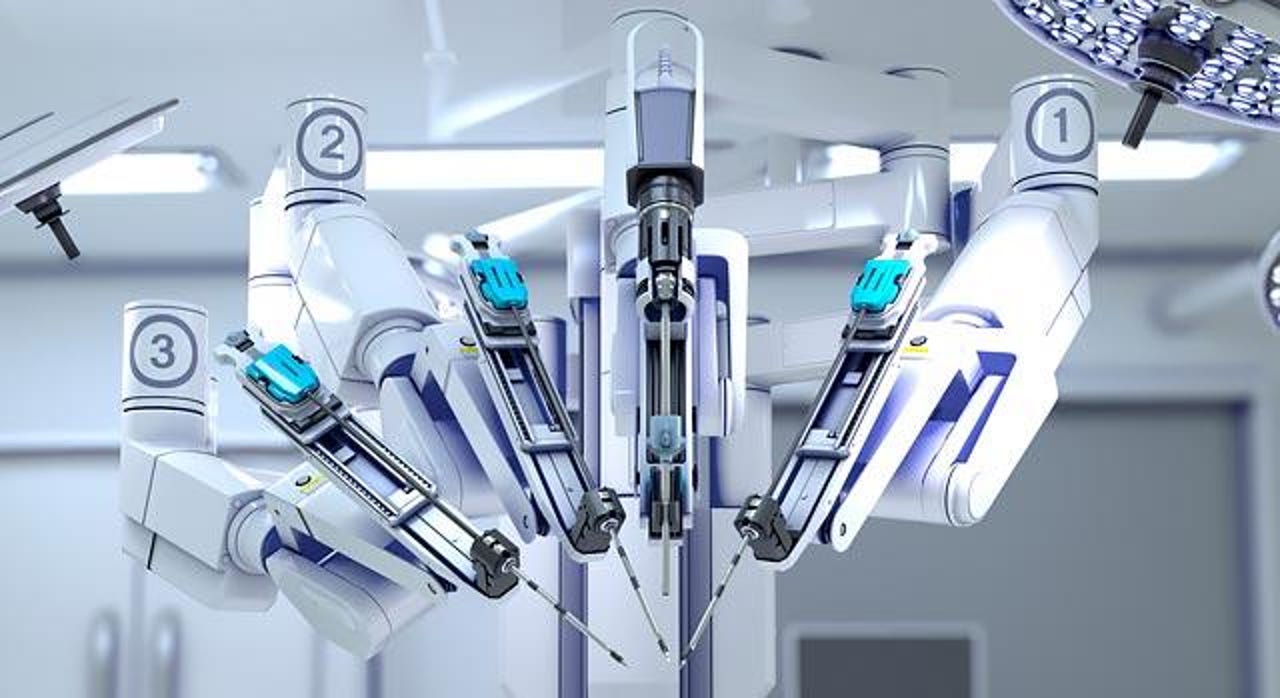Robo-assisted surgery has no clear advantage over normal ones: Researchers


There are no clear advantages to using robots during surgery, according to researchers from the University of Texas.
In a study, the researchers reviewed 50 published randomised controlled trials comprising more than 4,800 patients to assess the quality of evidence and outcomes for robot-assisted open surgery compared with laparoscopy, open surgery, or both.
From reviewing those studies, the researchers found a majority of the findings demonstrated there were no clear advantages gained from performing robot-assisted surgeries when looking at intraoperative complications, conversion rates to open surgery, and long-term outcomes despite robot-assisted surgeries often coming with "extreme costs".
The initial cost of the most prevalent robotic platform is $1.5 million, the researchers said, which does not account for additional costs such as upkeep or training people to use the robots.
In addition to the big cost, the researchers said robot-assisted surgeries usually took longer to complete despite there being no obvious differences in the results compared with standard surgeries.
Due to this, the researchers said the description of "robotics" in surgery contexts is currently a misnomer as there is currently no automation in these robots. Instead, the researchers said these "robots" actually function more like surgeon-controlled devices.
While there are currently no clear advantages to robot-assisted surgery, the authors said with refinement, competition, and cost reduction, future versions of surgery robots could have the potential to improve clinical outcomes.
As of 2021, approximately 40% of surgeries are open surgery, 50% of surgeries are done laparoscopically, and 3-5 % are being done robotically, according to Asensus Surgical CEO Anthony Fernando.
The study can be found in the upcoming issue of the Annals of Internal Medicine.
Related Coverage
- Surgery digitised: Telesurgery becoming a reality
- Why your next knee surgery may be assisted by smart glasses
- This is how self-driving cars are becoming blueprints for smarter surgeries
- 3D Systems, CollPlant aim to develop bioprinted breast reconstruction procedures
- How femtech is putting women's healthcare front and centre